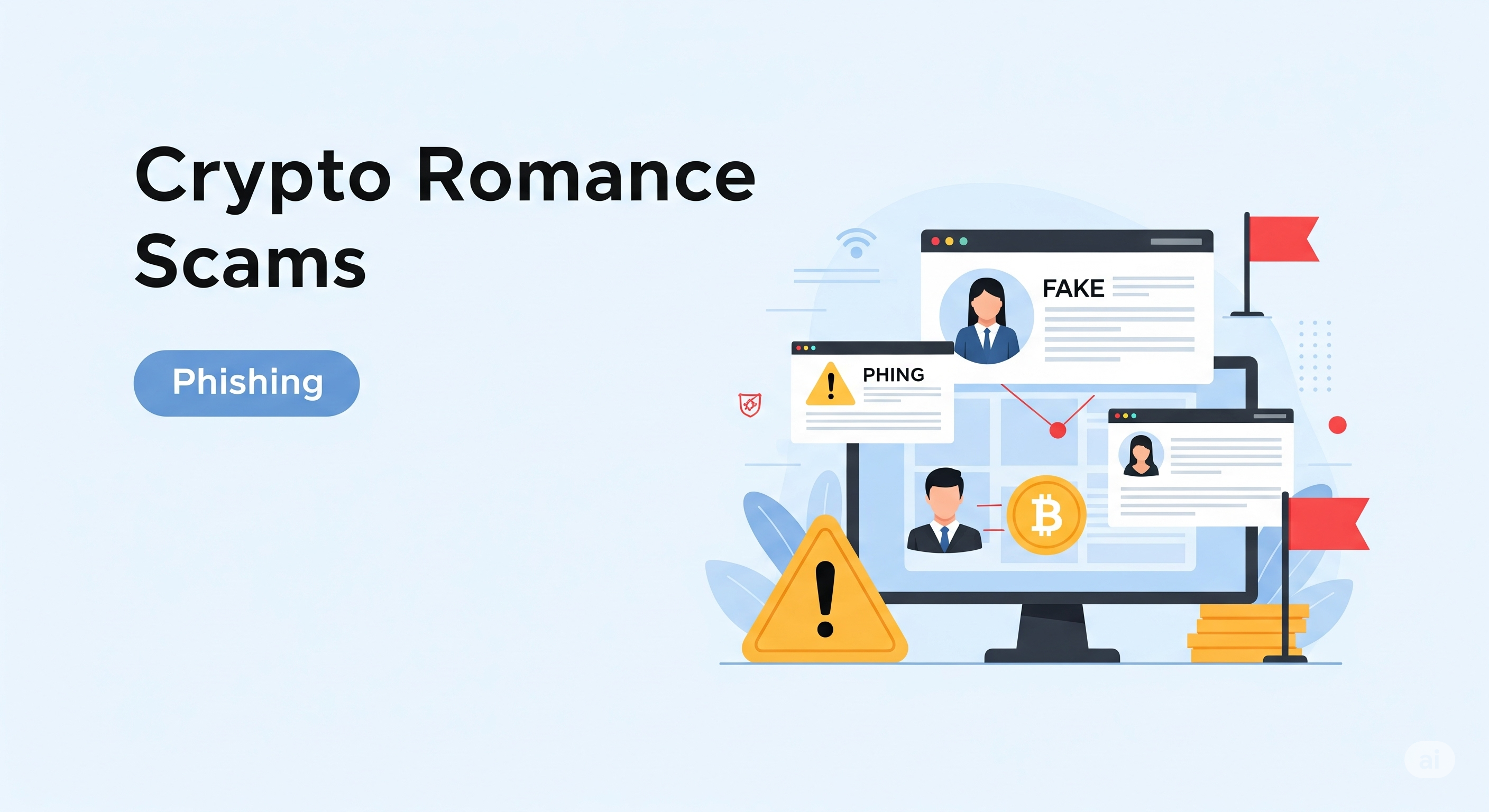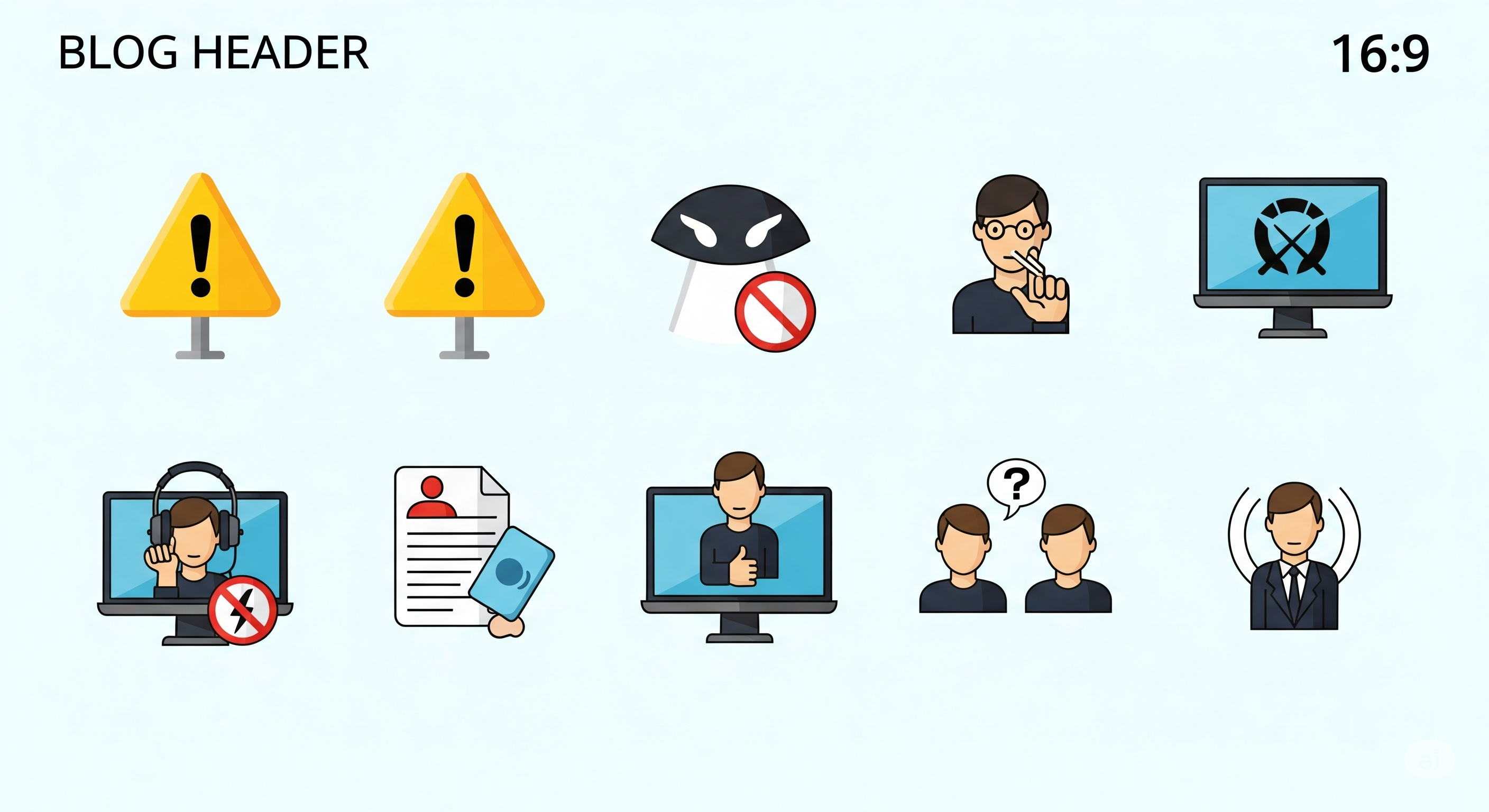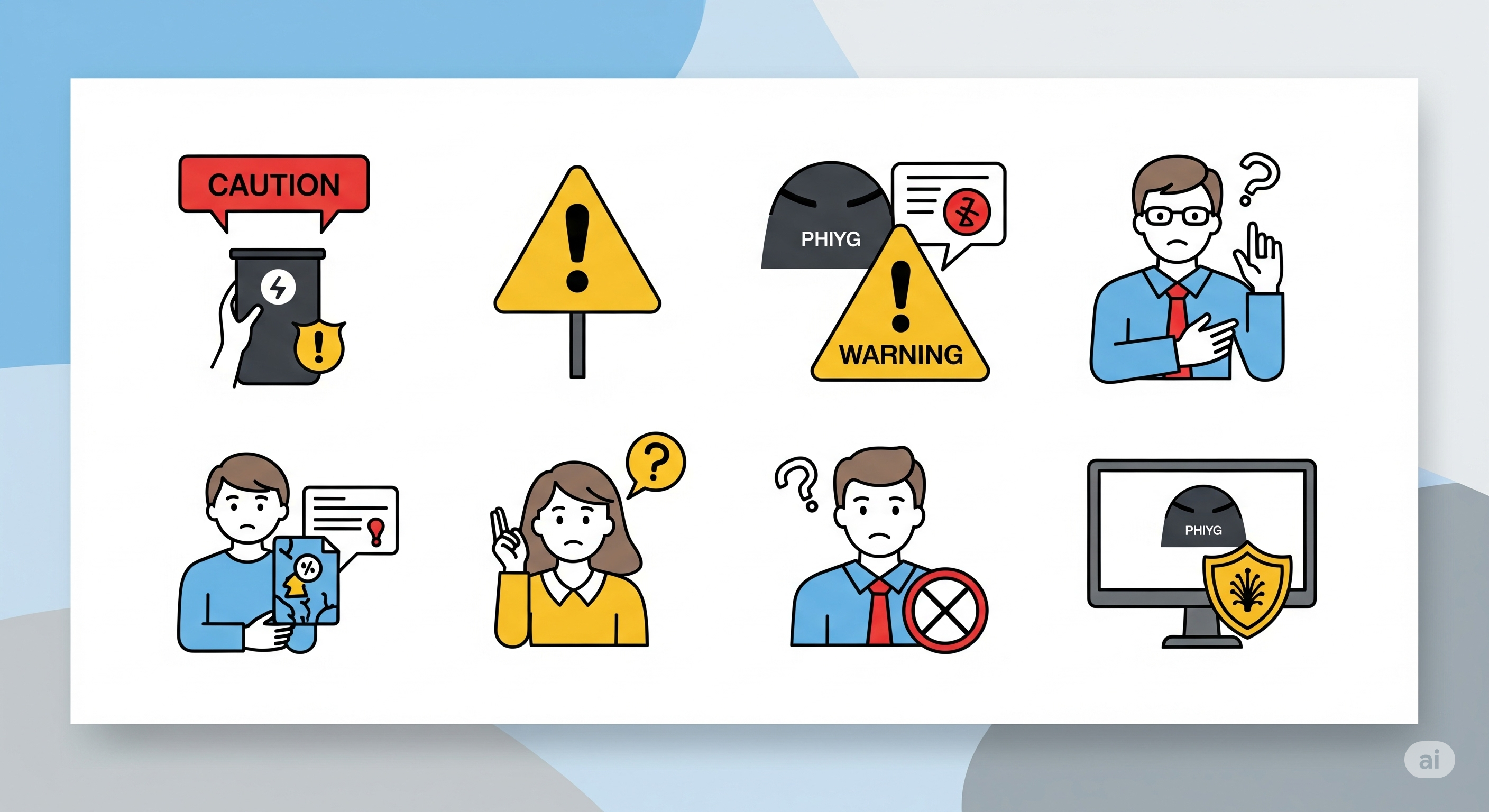Tips & Support
Military Love Trap
Military Love Trap
By Admin
Related Topics

Spotting Real Business Pages
In today s digital-first world knowing how to spot a real business page isn t just a helpful skill it......
Read More

Uncovering T and C Scams
When we see extensive convoluted Terms amp Conditions T amp Cs most of us just click I agree without thinking......
Read More

Crypto Romance Scams
In the age of digital love and cryptocurrency a dangerous hybrid scam has emerged nbsp crypto romance scams These scams......
Read More

Fooling with Fake Reviews
Online reviews are very important in today s digital environment nbsp They help us make choices about things like where......
Read More

Spotting Real Business Pages
In today s digital-first world knowing how to spot a real business page isn t just a helpful skill it......
Read More
Uncovering T and C Scams
When we see extensive convoluted Terms amp Conditions T amp Cs most of us just click I agree without thinking......
Read More
Crypto Romance Scams
In the age of digital love and cryptocurrency a dangerous hybrid scam has emerged nbsp crypto romance scams These scams......
Read More
Fooling with Fake Reviews
Online reviews are very important in today s digital environment nbsp They help us make choices about things like where......
Read More


